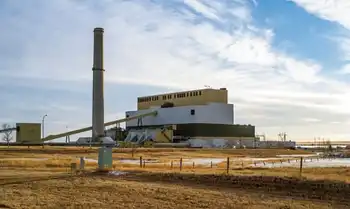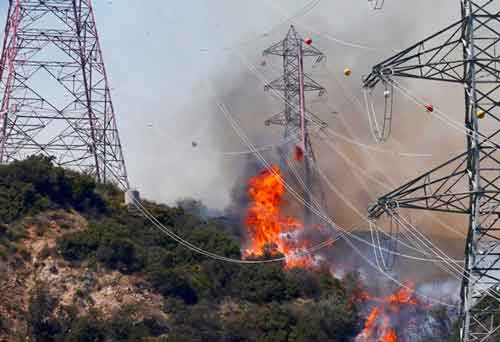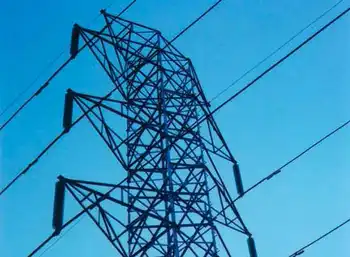U.S. isotope industry will be CanadaÂ’s loss
By Toronto Star
NFPA 70e Training
Our customized live online or in‑person group training can be delivered to your staff at your location.

- Live Online
- 6 hours Instructor-led
- Group Training Available
The U.S. House of Representatives voted 400-17 on a bill that would grant $163 million over five years to subsidize the domestic production of medical isotopes. This could include building a reactor to produce the molybdenum-99 isotope, which has been in short supply since the aging nuclear reactor at Chalk River, Ont., shut down this year.
"This is not coming as a great surprise, especially given the pattern of disruption to medical isotopes supplies that has occurred since 2007," Dr. Christopher O'Brien, head of the Ontario Association of Nuclear Medicine, said of the American Medical Isotopes Production Act clearing the legislative hurdle.
The bill, which would also phase out exports of highly enriched uranium for medical isotope production within seven years, still needs to clear the U.S. Senate.
But the nuclear medicine and anti-proliferation community sees the wide margin of the vote as a sign the bill is not controversial in Washington, D.C.
The U.S. has long considered returning to domestic production of medical isotopes using low-enriched uranium, instead of the bomb-grade material used at Chalk River and four other major reactors in Europe and South Africa.
The ongoing shutdown at the 52-year-old National Research Universal reactor in Chalk River, which previously produced about half the North American supply of molybdenum-99 and is not expected to return to service until early next year, has accelerated the U.S. debate in recent months.
President Barack Obama approved $20 million recently to jump-start production and is expected to make an announcement on the issue by the end of the year.
There are several proposals on the table, ranging from refurbishing an existing reactor at the University of Missouri, to newer technologies using cyclotrons, that some observers say with the new subsidies could establish a domestic industry by 2014.
O'Brien sees it as a loss for Canada.
"We were in a leadership role in the world, in the sense of supplying medical isotopes, and with that went a lot of jobs in Canada and also ensured a safe supply of medical isotopes for our patients in Canada," O'Brien said.
"It also developed a lot of research potential in Canada and so what happens now with Canada dropping the ball, if you will, on this issue, the United States has been forced, and rightly so, to try and look after its own population because Canada has not really done a good job for the last few years."
Prime Minister Stephen Harper has said he anticipates Canada will eventually get out of the business of making medical isotopes and Ottawa has not committed to molybdenum-99 production beyond hoping to renew the Chalk River reactor's licence until 2016.











